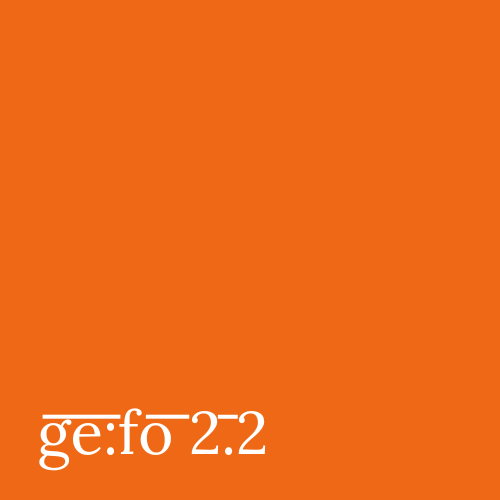"On the Knife-edge of Time": Katherine Burdekin and Naomi Mitchison
DOI:
https://doi.org/10.18716/ojs/gefo/2003.2751Keywords:
women writers, misogyny, polemical proseAbstract
Demonstrating direct links between different works is not the intention here, although some clearly do exist and are able to be explored. The objective is to understand the political context of the writing of the time, not from a perspective that examines women writers from a rubric of male-created and dominated modernism but from the perspective of the women writers themselves and their own understanding of the relationship between gender and war. However ground-breaking the three-volume work of Gilbert and Gubar may have been, however seemingly encompassing the two volumes of Bonnie Kime Scott's Refiguring Modernism, the projects depend a great deal on the vision that male writers have of women and women writers. With a new language provided by the war, men saw women as the enemy, but their misogyny was grounded in an historical antipathy that many women writers of the period comprehended to various degrees of sophistication and demonstrated through various kinds of work, particularly prose and particularly polemical prose.
Let us try to drag up into consciousness the subconscious Hitlerism that holds us down. It is the desire for aggression; the desire to dominate and enslave. Even in the darkness we can see that made visible. We can see shop windows blazing; and women gazing; painted women; dressed-up women; women with crimson lips and crimson fingernails. They are slaves who are trying to enslave. If we could free ourselves from slavery we should free men from tyranny. Hitlers are bred by slaves.
Virginia Woolf, "Thoughts on Peace in an Air Raid"



